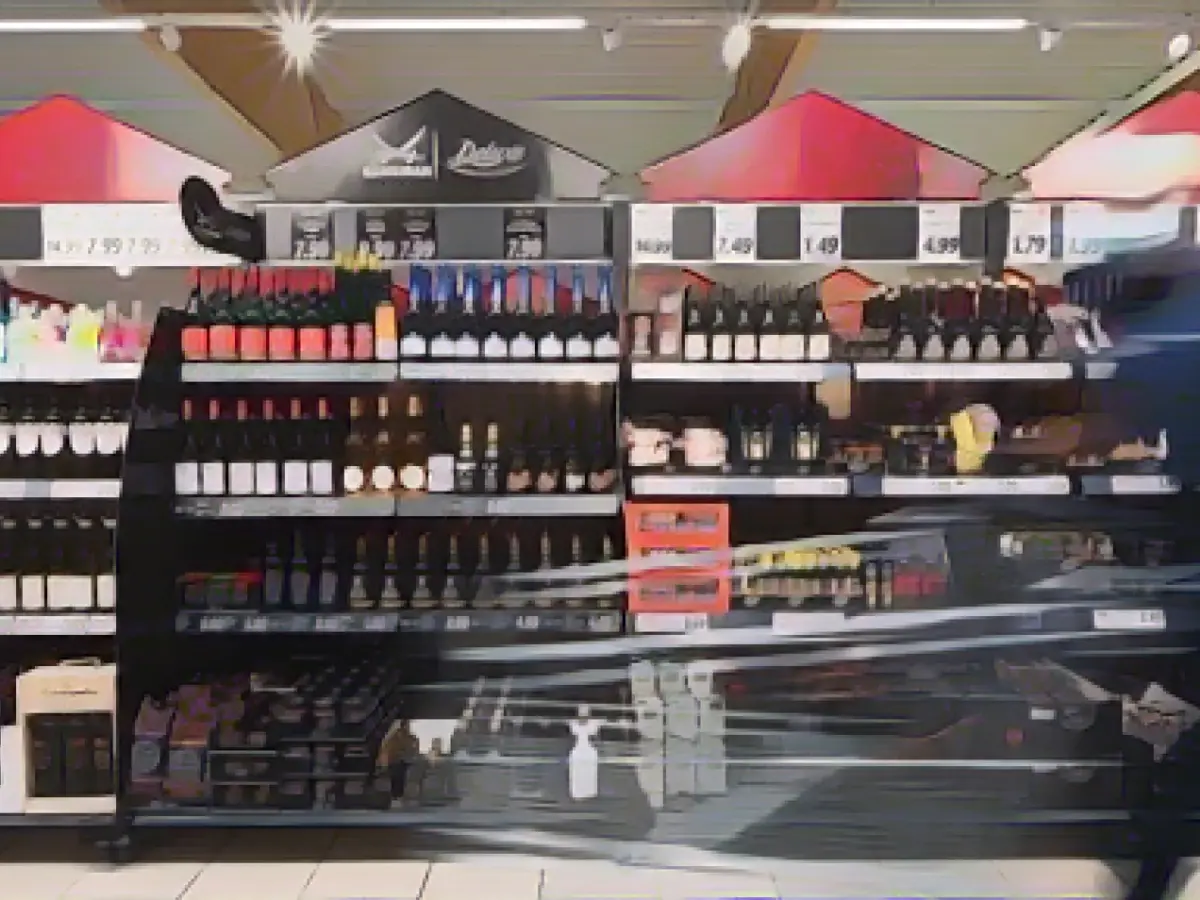Holiday Shopping Hustle: How Supermarkets Captivate German Customers
The holiday season is upon us, and supermarkets across Germany are ready to woo shoppers with mouthwatering deals and festive cheer. The pre-Christmas rush is always a tough contender, and this year, retail giants like Aldi, Lidl, Rewe, and Edeka are pulling out all the stops to capture consumers' attention. In an economy plagued by inflation and perceived economic uncertainty, these retailers are projecting a resonating image of savings and indulgence while competing for their share of the holiday spending pie.
Although the festive season may represent a surge of sales, the bar is set high, as Germans are known to be particularly price-sensitive yet brand-devoted buyers. Supermarkets, therefore, must strike the perfect balance between affordability and allure, and this is where the marketing acumen comes into play.
Lidl and Aldi are creating a lot of buzz in the build-up to the holiday season. Lidl advertises its budget-friendly "Christmas madness" savings coupons, while Aldi Nord proclaims their "Christmas savings with the best prices" campaign. The marketing push for affordable luxury is not new, but it is more significant as the cost of living pushes more consumers to be mindful of their spending.
Germans tend to splurge on gifts during the holiday season, particularly on food and non-food items. This dynamic is appealing to supermarkets, as they can cater to consumers' needs under one roof, from their Christmas dinner spread to last-minute presents. Appropriately, retail chains are promoting their premium ranges for the festive season, with Lidl offering premium seafood and Edeka subsidiary Netto promoting roast beef or vegan options, tempting customers with tasty and sustainable choices.
During this time of year, food retailers are eager to create an ambiance of joy and celebration, something consumers have missed amidst the relentless tide of difficult news. This shift in retail focus ties into the consumers' desire to save on their spending rather than cut back on their celebrations. Jörg Funder, a retail expert from Worms University of Applied Sciences, comments, "Many retailers are consciously focusing on cheerfulness and conviviality, on the light and contemplative." The sentiment is underscored by the significant sales increase during the holiday season (up to 60% during the Christmas week, per retail expert Funder), which turns December into the most lucrative month for food retailers.
Inflation and economic uncertainty have compelled supermarkets to tailor their offerings to the consumers' needs, creating opportunities for discounters like Lidl and Aldi. These stores are reaping the benefits of customers' price sensitivity in the midst of changing shopping behavior. According to Michael Gerling, the Managing Director of the EHI retail research institute, the discounters have capitalized on their value offers by providing high-quality products at reasonable prices.
Supermarkets are also mindful of the fact that consumers tend to buy more (and often more expensive) products during the holiday season to impress their families and friends. This symbolic component calls for a blend of affordability and allure to ensure that retailers are appealing to consumers' hearts and wallets.
Beyond holiday food spreads and gifts, supermarkets are planning other initiatives to attract and retain customers. Personalized customer experiences, fueled by data-driven insights, form the foundation of these strategies. Sustainability initiatives and reliable digital marketing are two other essential components of the retailers' holistic approach to win customers during the holiday season.
The unfolding festive season marks the beginning of a crucial hunting ground for supermarkets. With consumers seeking out the right balance between affordability, luxury, and convenience, it is expected that this period will foster a more hopeful outlook for retailers going into the new year.







